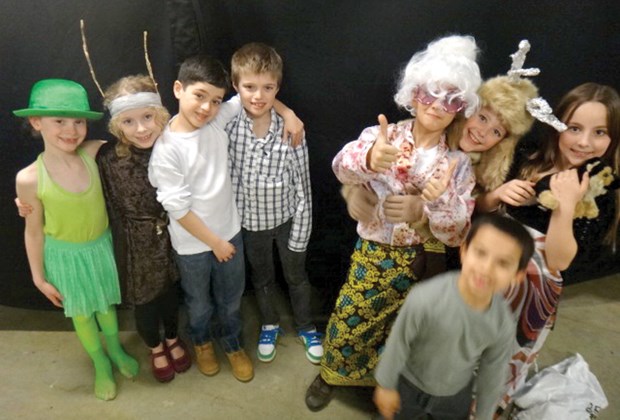We asked local independent schools to talk about how they teach non-academic skills essential for future success, such as persistence, teamwork and resilience. Their responses were included in our Independent Schools special section.
From North Star Montessori Elementary:
Last Friday afternoon I found myself sitting around a table with a group of grade 4 and 5 students from North Star Montessori Elementary.
We were in a 90-minute production meeting about this year’s school play, The Birth of the Universe. All the students were concentrating, contributing and focused on the task at hand.
“How can we represent the Big Bang on stage?” I asked. One suggestion led to another. The students took turns to speak, listened to each other’s suggestions and problem-solved extremely creatively. They drew on their collective experience from past school plays and their own out-of-school hobbies. They referred to their academic learning about the solar system and infused the discussion with energy and humour.
This level of teamwork and original thought, whilst exciting to witness, came as no surprise. These nine- and 10-year-olds have been educated in Montessori schools since preschool.
For six or seven years they have been in an environment that encourages independence, nurtures initiative, resilience and the ability to face challenges.
Grace and courtesy skills are taught to children from the age of three, and their social skills are fostered by having to wait until an activity is free to use, by the need to replace an activity back on the shelf ready for another person to use, and by contributing to the maintenance of the environment. In turn, these skills contribute to a sense of belonging.
From the outset, independence is encouraged. Children are given the space and time to both learn and practise age-appropriate skills. In preschool these include the self-care activities such as putting on shoes and boots and learning how to do and undo buttons, zips and buckles.
By the elementary classes, children are setting daily goals and taking an increasing level of responsibility for managing their time. Within the school setting, the children have experienced stability and a sense of control over their lives. Lessons are taught when the individual is ready for that lesson, and children are allowed to master skills in their own time.
The Montessori environment promotes a sense of belonging and respect. The school play is simply a vehicle to proudly display these skills to their greatest supporters, their families.



